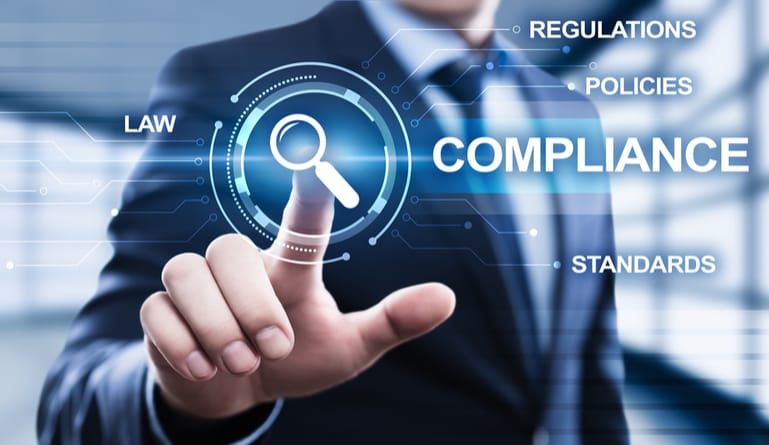In today’s tech-driven world, companies in the tech industry face unique challenges when it comes to HR compliance. With rapidly evolving technologies, changing labor laws, and a global workforce, it is crucial for tech companies to stay on top of legal requirements to create a compliant and inclusive work environment. This article will delve into the key aspects of HR compliance and provide valuable insights for navigating the complex legal landscape.
Understanding HR Compliance in the Tech Industry
HR compliance refers to the adherence to laws and regulations governing employment practices within an organization. In the tech industry, compliance requirements span various areas including recruitment, employee onboarding, compensation and benefits, workplace safety, data privacy, and more. Failure to comply with these regulations can lead to severe penalties, legal disputes, and reputational damage. Therefore, understanding and effectively managing HR compliance is essential for any tech company’s long-term success.
Recruitment and Hiring Practices
Tech companies must navigate recruitment and hiring practices carefully to ensure compliance with laws and regulations. It is essential to have a comprehensive understanding of Equal Employment Opportunity (EEO) laws, which prohibit discrimination based on protected characteristics such as race, gender, age, disability, or religion. Be sure to create a fair and unbiased recruitment process and follow best practices to attract a diverse pool of candidates.
Additionally, tech companies should be aware of local laws regarding pre-employment background checks and drug testing, as they may vary across jurisdictions. Implementing consistent and compliant screening practices is crucial to protect your company and ensure fair treatment of applicants.
Data Privacy and Security
With the increasing reliance on technology and data-driven operations, tech companies must prioritize data privacy and security. Compliance with regulations such as the General Data Protection Regulation (GDPR) or the California Consumer Privacy Act (CCPA) is essential, especially when handling employee data. Implement stringent data protection measures, clearly communicate privacy policies to employees, and seek legal advice to ensure compliance with relevant data protection laws.
Workplace Safety and Environmental Compliance
Ensuring a safe and healthy work environment is a legal obligation for tech companies. This includes compliance with Occupational Safety and Health Administration (OSHA) regulations to prevent workplace hazards and reduce the risk of injuries. Have proper safety protocols in place, conduct regular inspections, and provide appropriate training to employees to maintain a secure working environment.
Moreover, environmental compliance is gaining prominence in the tech industry. Companies must adhere to regulations related to the disposal of electronic waste or the reduction of carbon footprint. By implementing sustainable practices and actively supporting environmental initiatives, tech companies can uphold legal requirements while contributing to a greener world.
Navigating International HR Compliance
As the tech industry embraces globalization, many companies have a diverse workforce spread across different countries. Navigating international HR compliance can be complex due to varying labor laws, cultural differences, and language barriers. It is essential to partner with legal experts familiar with international employment regulations to ensure compliance in each jurisdiction. Implementing cross-cultural training, incorporating local labor law expertise, and maintaining regular communication with employees worldwide are essential steps to successfully navigate international HR compliance.
Conclusion
In the tech industry, HR compliance is a critical aspect that cannot be overlooked. By understanding and adhering to legal requirements surrounding recruitment and hiring practices, data privacy and security, workplace safety, and international compliance, tech companies can create a compliant and inclusive work environment. Prioritizing HR compliance not only minimizes legal risks but also helps attract and retain top talent, enhancing overall business success in this rapidly evolving industry.

